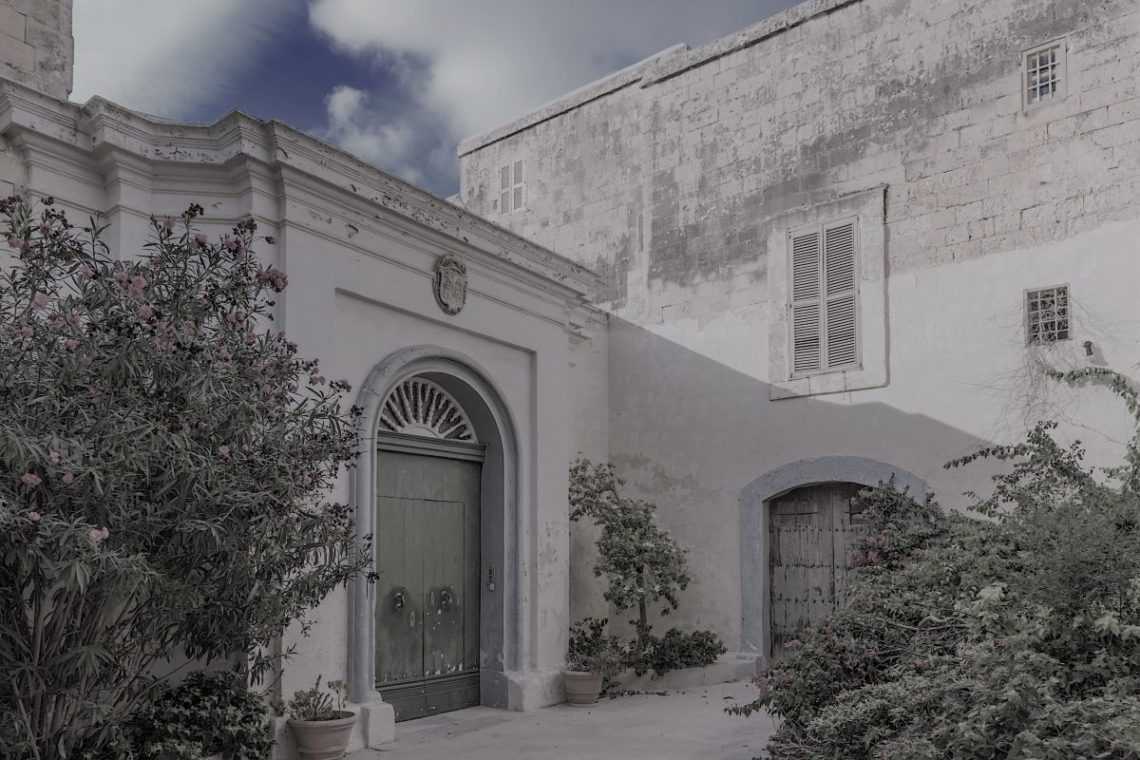
Why Malta?
Malta is one of the few civil law jurisdictions that not only has developed its own domestic law but also recognizes the judiciary of foreign law. The act of the setting up is regulated by the Maltese Trust and Trustees Act of 2005 and which incorporates within its provisions the Hague Convention on the Law Applicable to Trusts and on their recognition, which Malta has ratified.
A trust can be created in various ways: via a unilateral decision, an oral agreement, by a judicial decision, an instrument in writing and even by operation of the law.
Setting up a Maltese Trust
A trust under Maltese law is described as a legal agreement between two parties: the settlor and the trustees. The settlor places assets (bank accounts, real estate, stocks and bounds, furniture or art) under the power of the trustee for the welfare of a beneficiary or for charitable purposes.
The main advantages of Maltese trusts are the country’s reasonable set-up and maintenance costs (50% cheaper than competing EU domiciles), the support offered by the MFSA (Malta Financial Services Authority), the flexible regulatory and legal structure, and the fiscal benefits for the fund and fund manager, the investors and the administrator to business organisations and high net worth individuals.
This distinctive structure is additionally strengthened by the widespread use of the English language in the legislation, education and business enterprises. There are currently 130 licensed trust management companies (both local and foreign) offering global trust and trustees services.
The Benefits of Malta-registered Trusts
Domestic Issues:
- Avoiding expenses and delays relating to Malta or overseas probate processes
- Conserving assets until minors reach the age of maturity
- Protection in the event of the settlor or the beneficiary’s incapability
- Allocation of assets to the settlor’s heirs without the assets being transferred immediately upon the settlor’s death
Tax Issues:
- Minimizing estate taxes
- Assets can be hidden from third parties
- Moving considerable tax burdens onto beneficiaries with more advantageous tax impositions
Practical Issues:
- To have investments under one roof and overseen by specialists
- Aiding charities
Tax Implications of a Trust
Under Maltese law the stipulated rule is that tax liability emerges when at least one of the trustees of the trust resides in Malta. The tax is determined in relation to the income attributable to the trust. This would compromise the total income tax under Maltese law, which would result from or are derived by the trustee at any stage in the life of the trust.
However, the inclusion of a transparent model in Malta’s tax laws allow in certain circumstances, for the tax authorities to inspect the trust and to either tax the transaction or absolve it, depending on the different factors that would attribute jurisdiction to tax in Malta or otherwise.






